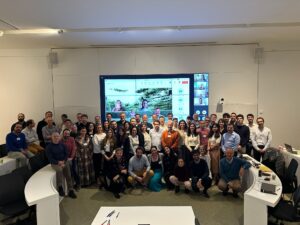
PROBONO H2020 gradi održiva i otporna mjesta za život
Hrvatski savjet za zelenu gradnju sudjelovao je na dvodnevnom skupu (21. i 22. veljače 2024. godine) u okviru projekta PROBONO H2020 održanom u Portu, Portugal.
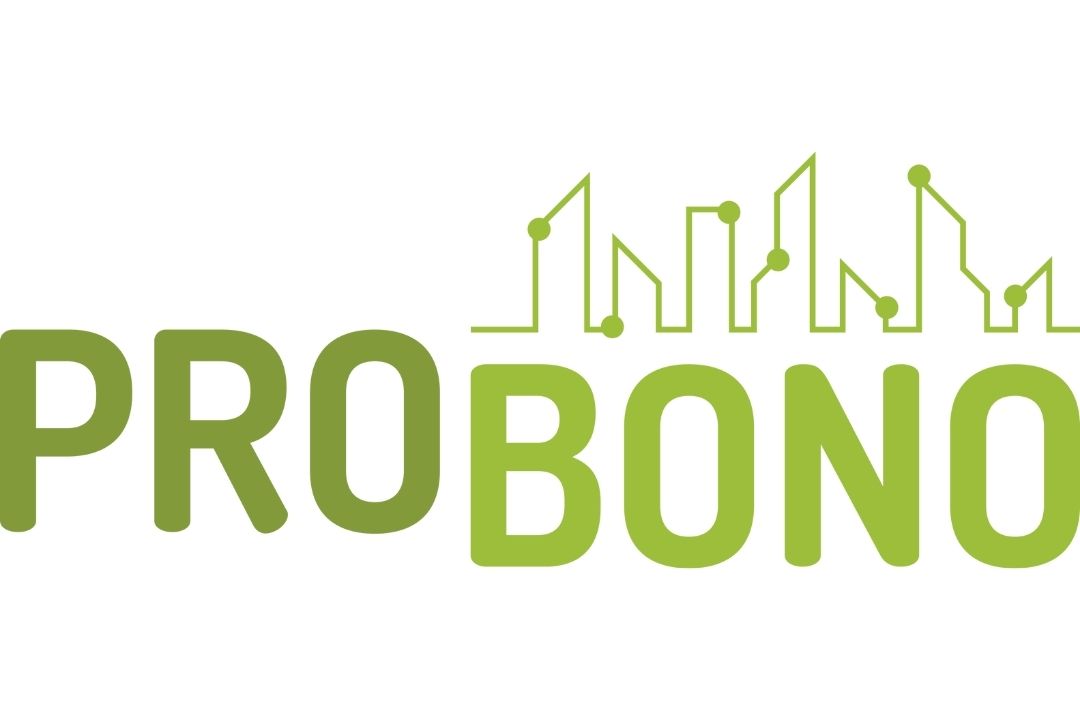
Project description:
The PROBONO project aims to transform the European construction industry by focusing on people and sustainability. It seeks to create “Green Building Neighborhoods” (GBNs) – areas with zero greenhouse gas emissions and positive energy.
These areas promote the use of clean energy and environmentally friendly mobility, supported by infrastructure that sustains sustainability. With the backing of policies, investments, and community engagement, the goal is to achieve fair change that brings economic and social benefits. This approach aids inclusive growth, improves access to housing, reduces poverty, promotes education and employment, and enhances community resilience to climate change, all contributing to better health and well-being.
The project aims to produce proven solutions for designing, constructing, and operating buildings with zero emissions and positive energy in sustainable green neighborhoods. PROBONO will provide examples of how technological and social innovations can be applied in such neighborhoods, focusing on infrastructure development and a renewed emphasis on people and sustainability. The introduction of PROBONO approaches and innovations will be facilitated through a series of participatory methods involving stakeholders (including citizens) in the co-design and co-delivery of sustainable neighborhoods.
To realize this vision, PROBONO will launch five acceleration programs for transitioning to GBNs in six different EU countries. These programs will be implemented in six “Living Labs” focused on people and having a significant impact.
Including two major demonstrations led by municipal authorities (in Madrid and Dublin) and four laboratories representing companies and owners supporting the transition to GBNs (in Porto, Brussels, Aarhus, and Prague).
More information can be found at: https://www.probonoh2020.eu/
Living Lab Dublin
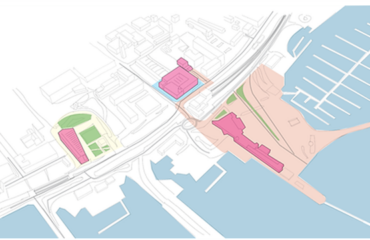
The main goal in the center of Dún Laoghaire is to address the energy sustainability of public buildings, analyze renovations while residents remain in place, involve the community in reimagining public spaces through the GBN lens, and create new spaces for biodiversity initiatives.
Living Lab Madrid
The main goal is to achieve Energy Positive building status for residential and commercial buildings and to foster a strategy to ensure that MNN (Madrid Nuevo Norte) becomes a neutral district.
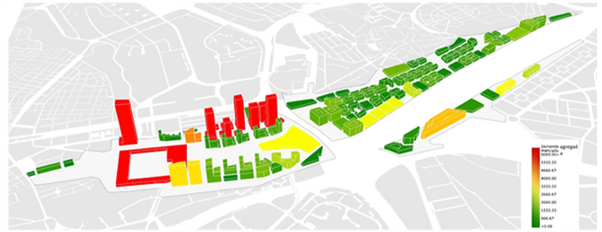
Living Lab Porto
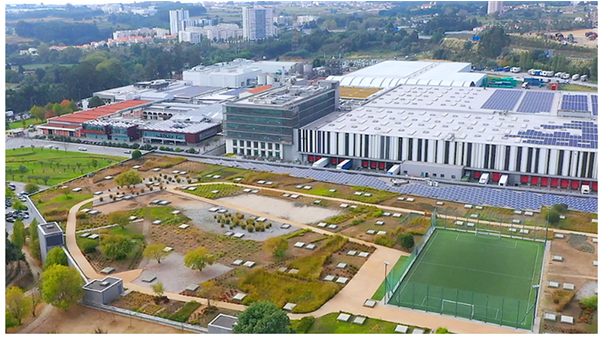
Headquarters in Portugal with a total area of 32.5 hectares and over 3,000 employees. The campus features various sustainable elements such as efficient water solutions, solar energy production, alternative options for electric mobility, and LEED-certified buildings. The aim is to become a reference sustainable center where green energy, nature, and people come together to create a positive impact on the environment and society.
Living Lab Brussels
The building De l’Autre Côté de l’École (ACE) is home to a school applying Freinet pedagogy. The Living Lab will renovate a large area to adapt to the educational needs of the school and align with the latest environmental and regulatory requirements of the Green Deal.
The goal is to create a sustainable, energy-positive building with no emissions by applying innovative technologies while complying with green public procurement rules. The renovation will serve as a foundation for fostering broader engagement with the Municipality of Auderghem and communicating the benefits of PROBONO innovations, as well as the merits and value for broader discussion among neighbors on GBN collaboration.
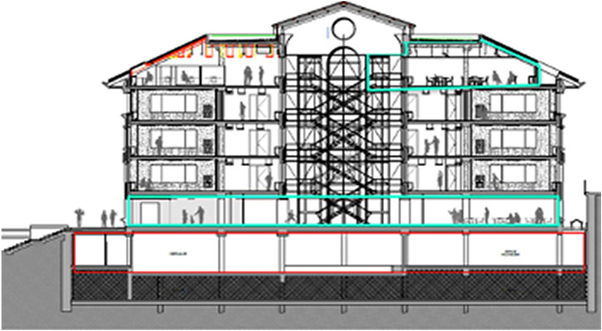
Living Lab Aarhus
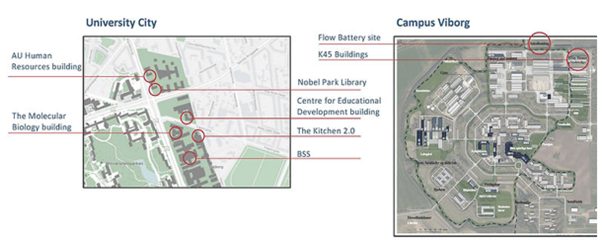
Aarhus University is undertaking a renovation program called Campus 2.0 with the goal of minimizing environmental impact and promoting social qualities. As part of the PROBONO project, the Aarhus LL targets two locations: University City and Campus Viborg. Through three lines of activities – flow batteries, upcycling design, and human-centered analysis tools – it aims to provide guidance for achieving environmental and social goals.
Living Lab Prague
The Prague LL focuses on designing the deep renovation phase of the existing Faculty of Civil Engineering building at the Czech Technical University in Prague. The goal is to become a model of innovation in green construction, highlighting existing and future achievements in passive building solutions and smart energy management. In addition to concrete project results, the aim is to leverage the experience to advance urban policy planning. The initiative will support and promote innovative practices in urban development and construction, setting new standards for the future.
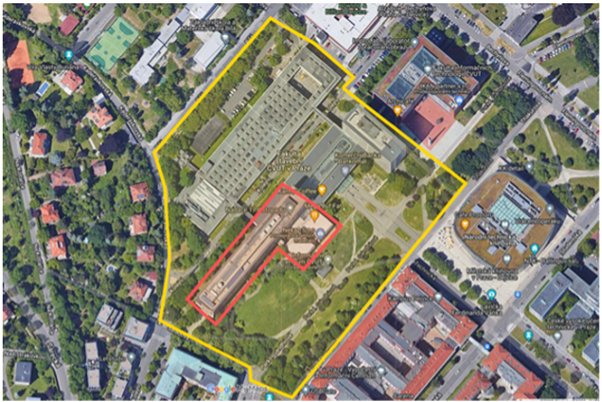
2022. – 2027.
25.252.011,25 EUR / GBC Croatia share: 113.337,50 EUR
Partners:
The project is bringing together multidisciplinary consortium of 47 partners from 13 countries, encompassing various organizations, local authorities, technological, engineering, and construction companies. The collaboration is aiming to conceive and implement measurable solutions for urban regeneration that are meeting the sustainability standards set by the European Green Deal.
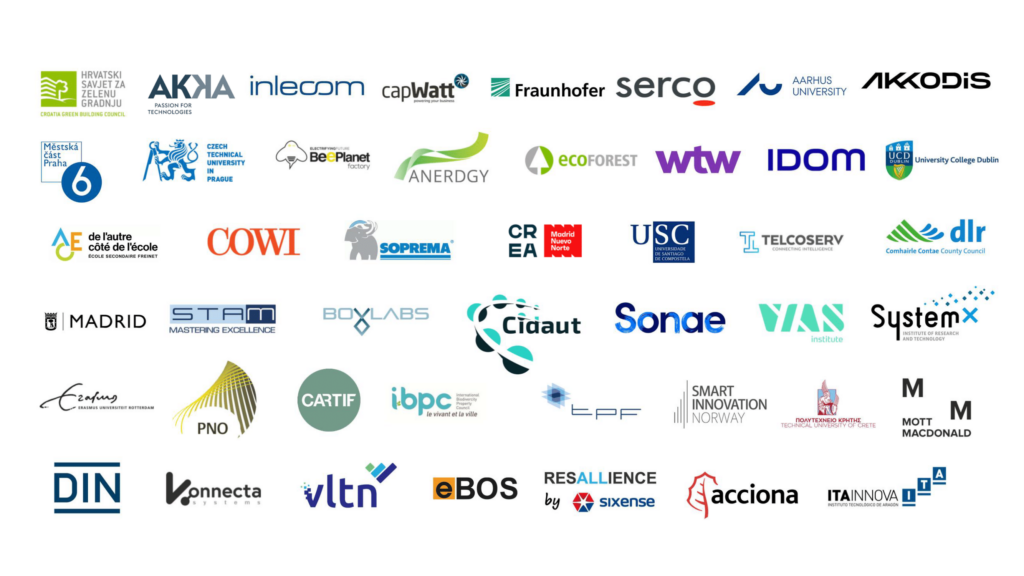

Hrvatski savjet za zelenu gradnju sudjelovao je na dvodnevnom skupu (21. i 22. veljače 2024. godine) u okviru projekta PROBONO H2020 održanom u Portu, Portugal.
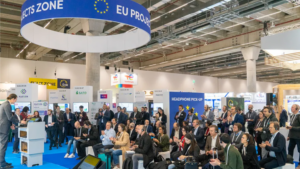
The PROBONO H2020 project will be presented at the upcoming ENLIT Europe 2023 conference, which will take place in Paris, France, at the Paris Expo Porte de Versailles
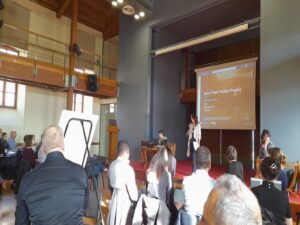
Održan je prvi sastanak na razini cijelog Probono konzorcija u kojem su iznesena dosadašnja…
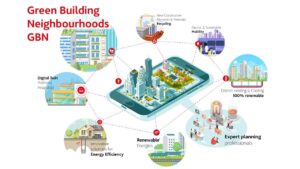
PROBONO, novi projekt Croatia GBC-ja je održao Kickoff sastanak!..
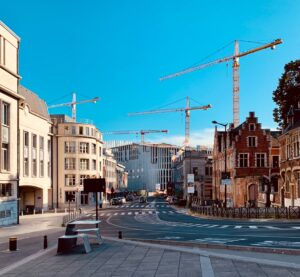
Projekt PROBONO ostvaruje inovativne elemente energetski…
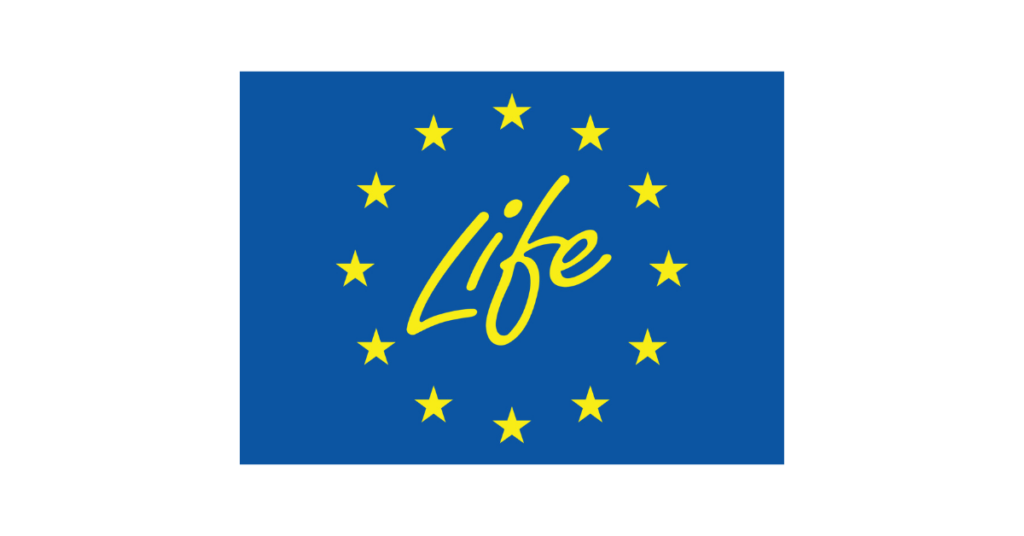
This project has received funding from the European Union’s Horizon 2020 Europe Research and Innovation programme under Grant Agreement No 101037075. This output reflects only the author’s view, and the European Union cannot be held responsible for any use that may be made of the information contained therein.